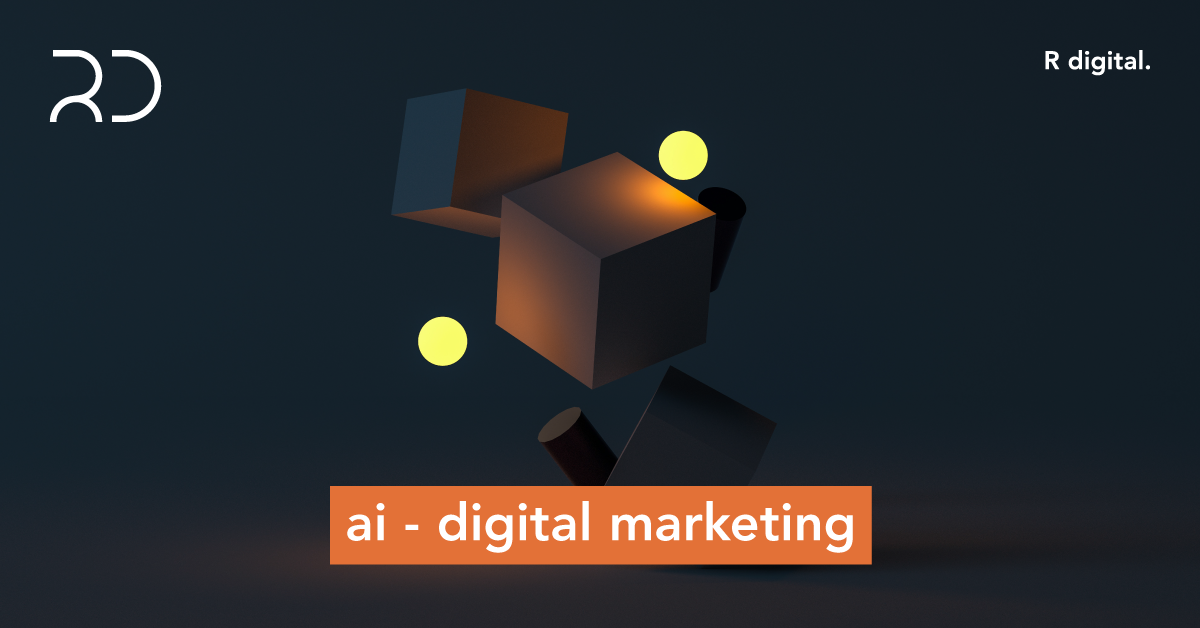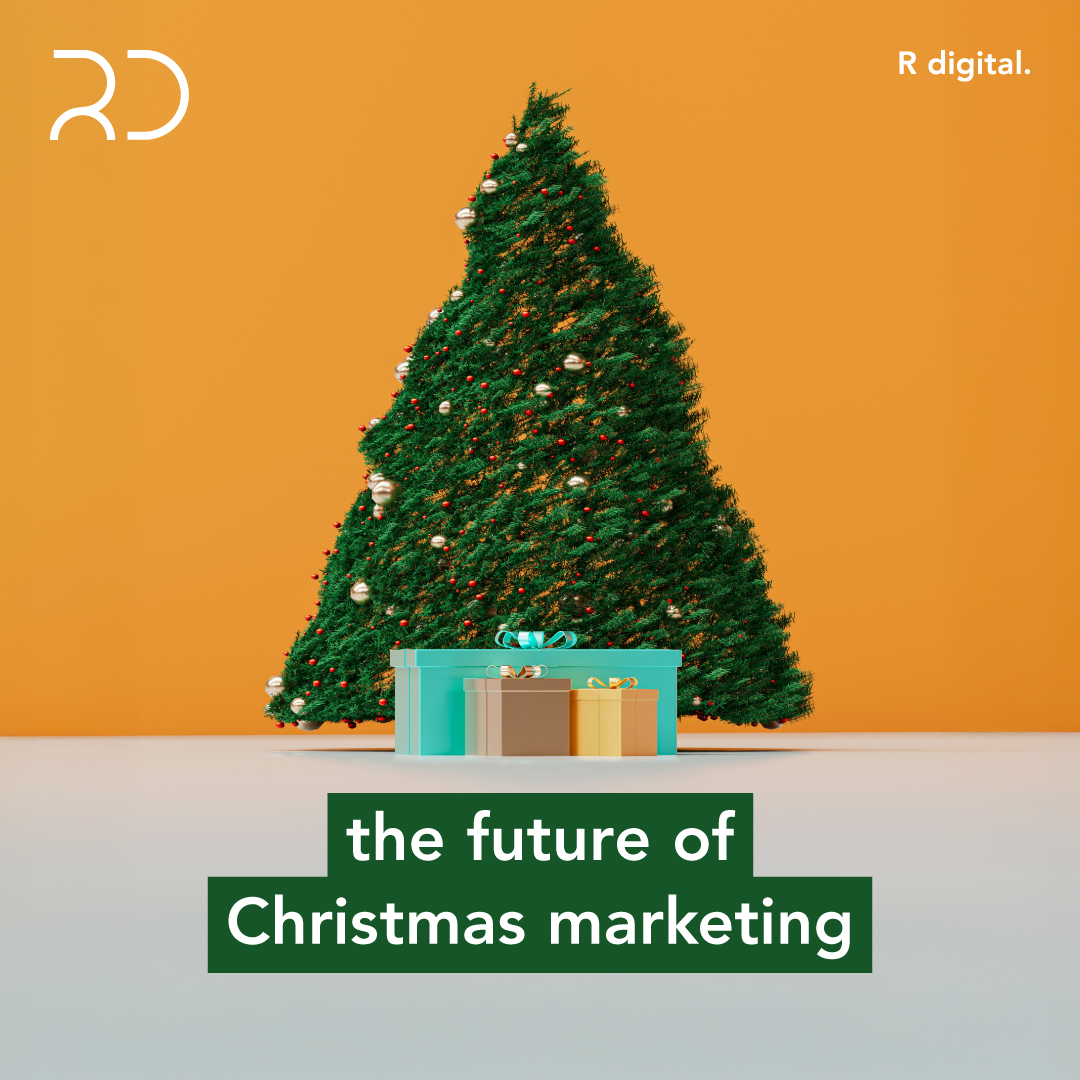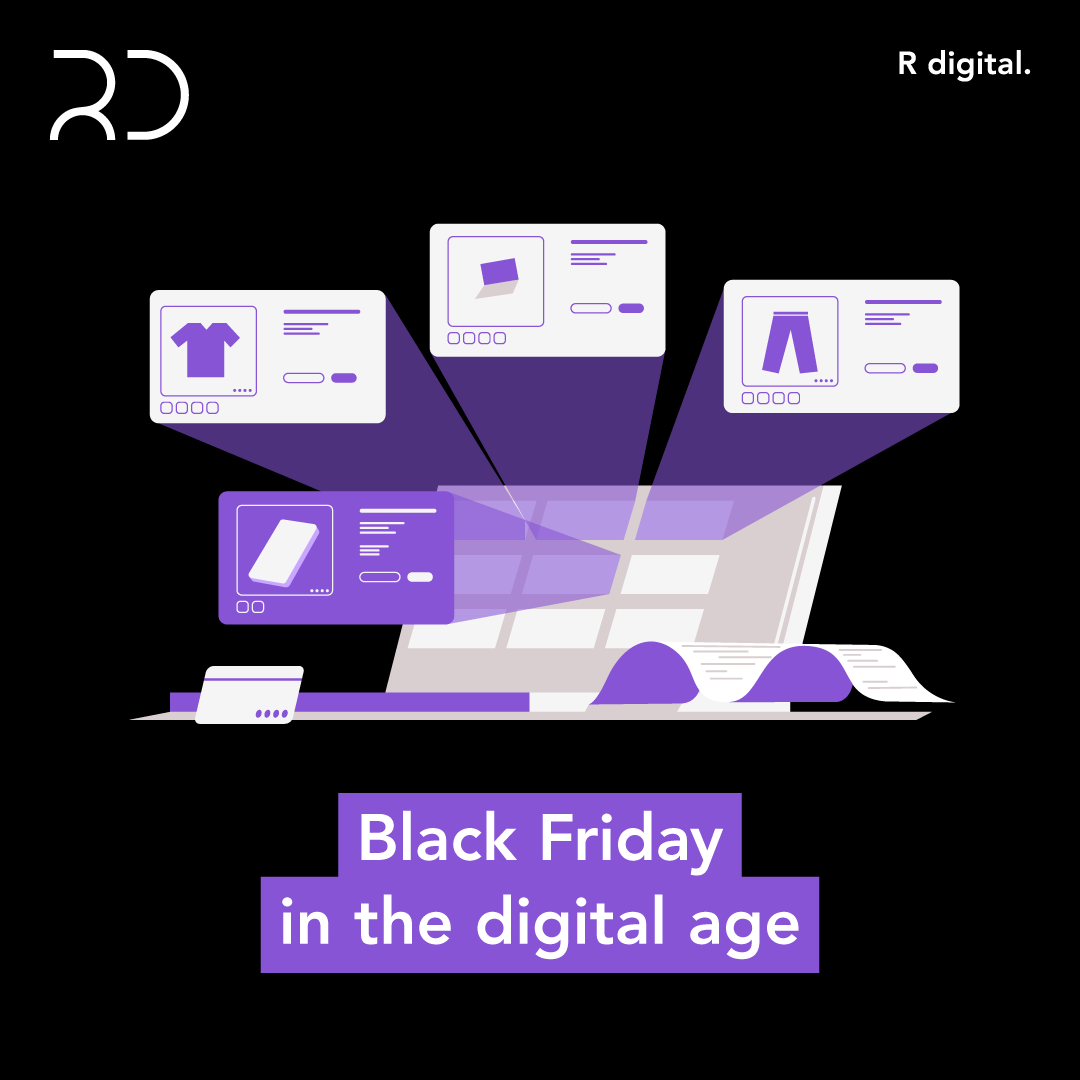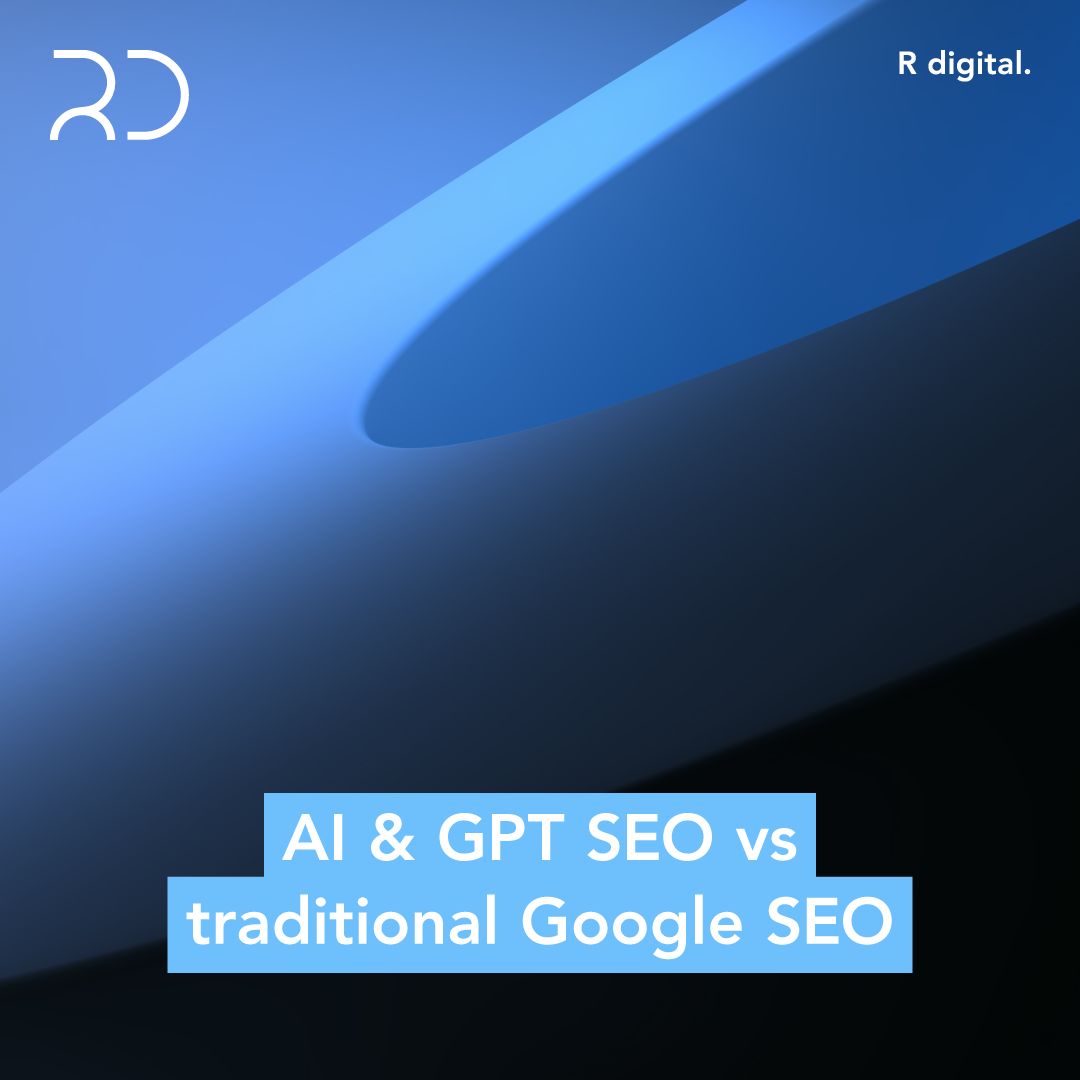
In recent years, Artificial Intelligence (AI) has revolutionized various sectors, and digital marketing is no exception. The integration of AI into digital marketing strategies has significantly transformed how businesses engage with their audiences, optimize campaigns, and enhance customer experiences. Here, we explore the multifaceted impact of AI on digital marketing.
1. Personalized Customer Experiences
AI enables unprecedented levels of personalization in digital marketing. By analyzing vast amounts of data, AI algorithms can understand individual customer preferences, behaviors, and purchasing patterns. This allows marketers to tailor content, product recommendations, and advertisements to each customer, enhancing engagement and conversion rates. For example, AI-powered recommendation engines on e-commerce sites like Amazon suggest products based on a user’s browsing history and previous purchases, creating a more personalized shopping experience.
2. Enhanced Customer Insights
AI tools can process and analyze large datasets much faster and more accurately than humans. This capability allows marketers to gain deeper insights into customer behavior, market trends, and campaign performance. Predictive analytics, powered by AI, helps businesses forecast future trends and customer needs, enabling proactive adjustments to marketing strategies. Tools like Google Analytics leverage AI to provide insights that help marketers understand which strategies are working and where improvements are needed.
3. Automation of Repetitive Tasks
One of the most significant benefits of AI in digital marketing is the automation of repetitive tasks. AI can handle tasks such as email marketing, social media posting, and ad management with minimal human intervention. This not only increases efficiency but also allows marketers to focus on more strategic activities. For instance, AI-powered email marketing platforms like Mailchimp can automate personalized email campaigns based on user behavior and engagement levels.
4. Improved Content Creation and Curation
AI is also transforming content creation and curation. Natural Language Processing (NLP) and Natural Language Generation (NLG) technologies enable AI to create high-quality content that is relevant and engaging. AI tools like GPT-3 can generate blog posts, product descriptions, and social media updates, saving time and resources. Additionally, AI can curate content by analyzing user preferences and delivering the most relevant information, enhancing the overall content marketing strategy.
5. Optimized Advertising Campaigns
AI-driven tools are revolutionizing the way advertising campaigns are planned, executed, and optimized. AI can analyze vast amounts of data in real-time to identify the best performing ad creatives, optimal bidding strategies, and the most effective audience segments. Programmatic advertising platforms use AI to automate the buying of ads, ensuring they are shown to the right audience at the right time, maximizing ROI. This leads to more efficient ad spend and better campaign performance.
6. Chatbots and Customer Support
AI-powered chatbots have become an essential component of digital marketing, providing 24/7 customer support and enhancing user experience. These chatbots can handle a wide range of customer inquiries, from answering FAQs to processing orders, providing instant and accurate responses. This not only improves customer satisfaction but also frees up human resources for more complex tasks. Companies like H&M and Sephora use chatbots to assist customers with shopping queries and recommendations.
7. SEO and Content Optimization
AI is playing a crucial role in search engine optimization (SEO) and content optimization. AI tools can analyze search engine algorithms and user behavior to provide insights into the most effective keywords, topics, and content structures. This helps marketers create content that ranks higher on search engine results pages (SERPs). AI-powered tools like Clearscope and MarketMuse assist in optimizing content for better visibility and engagement.
Conclusion
The impact of AI on digital marketing is profound and far-reaching. By leveraging AI, businesses can create more personalized, efficient, and effective marketing strategies that enhance customer experiences and drive better results. As AI technology continues to evolve, its role in digital marketing will only become more integral, paving the way for more innovative and data-driven approaches to reaching and engaging audiences. Embracing AI is no longer an option but a necessity for businesses looking to stay competitive in the digital age.



